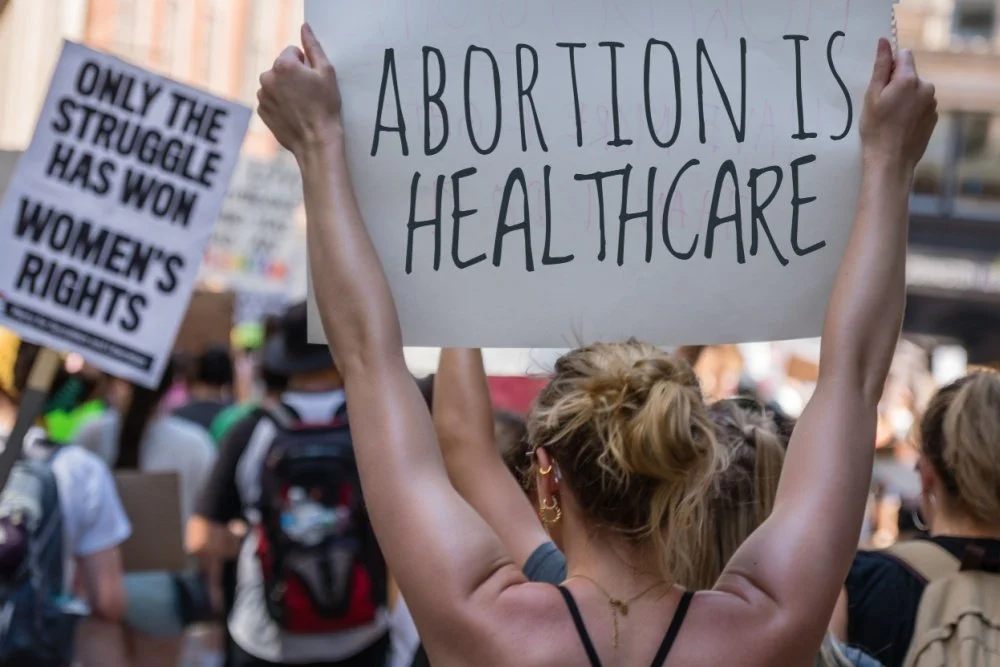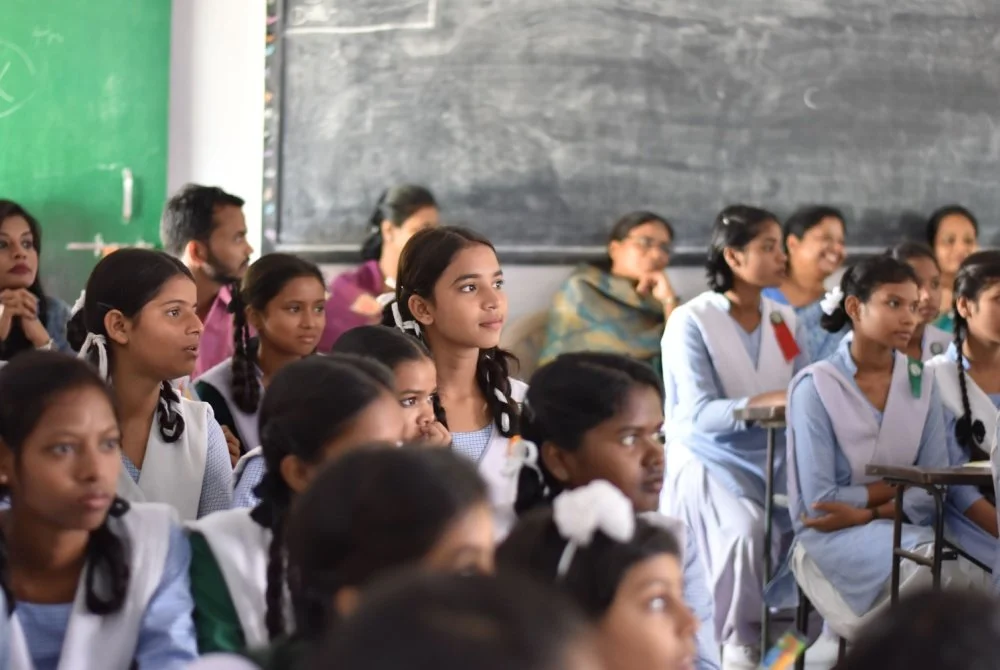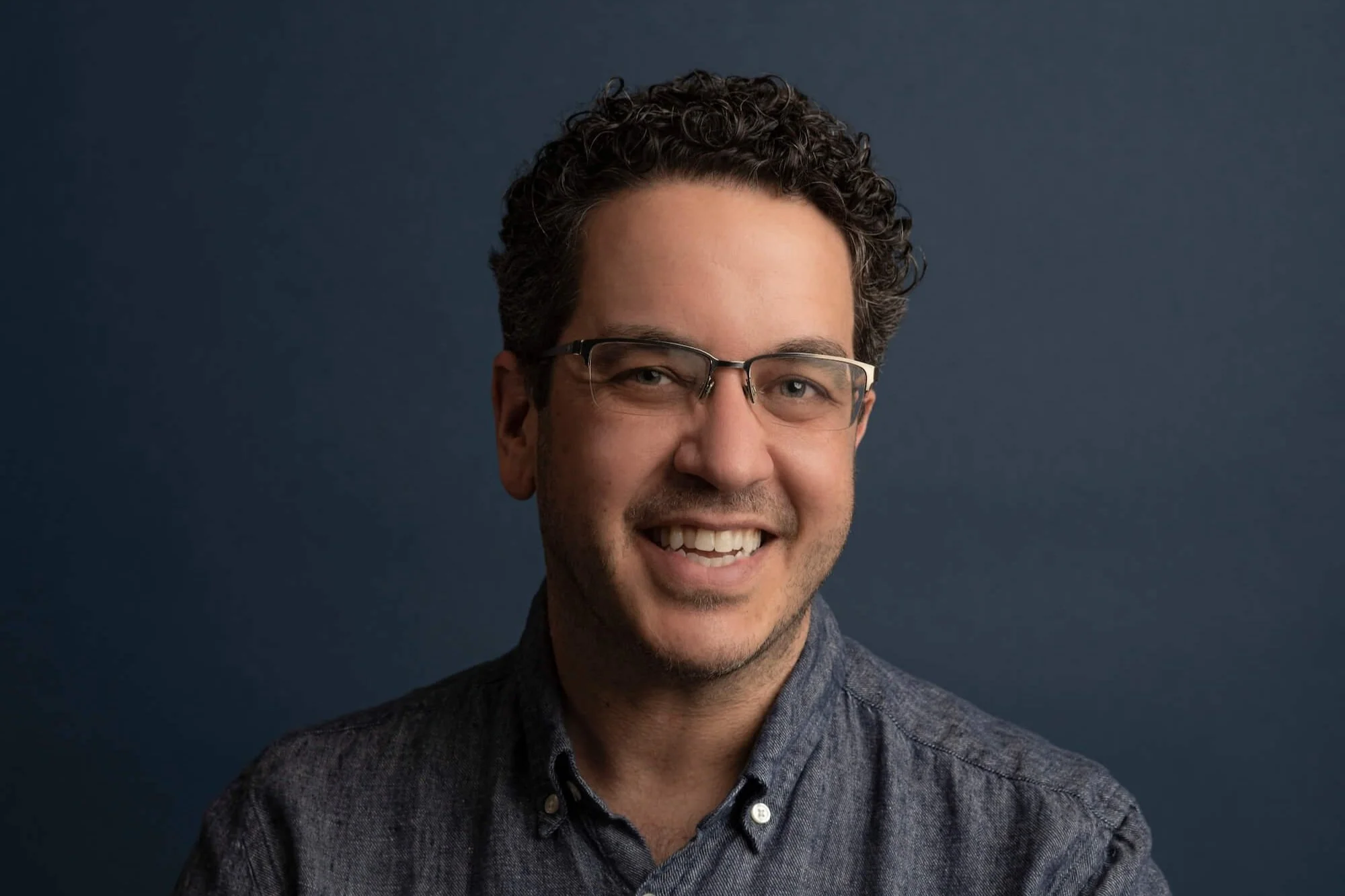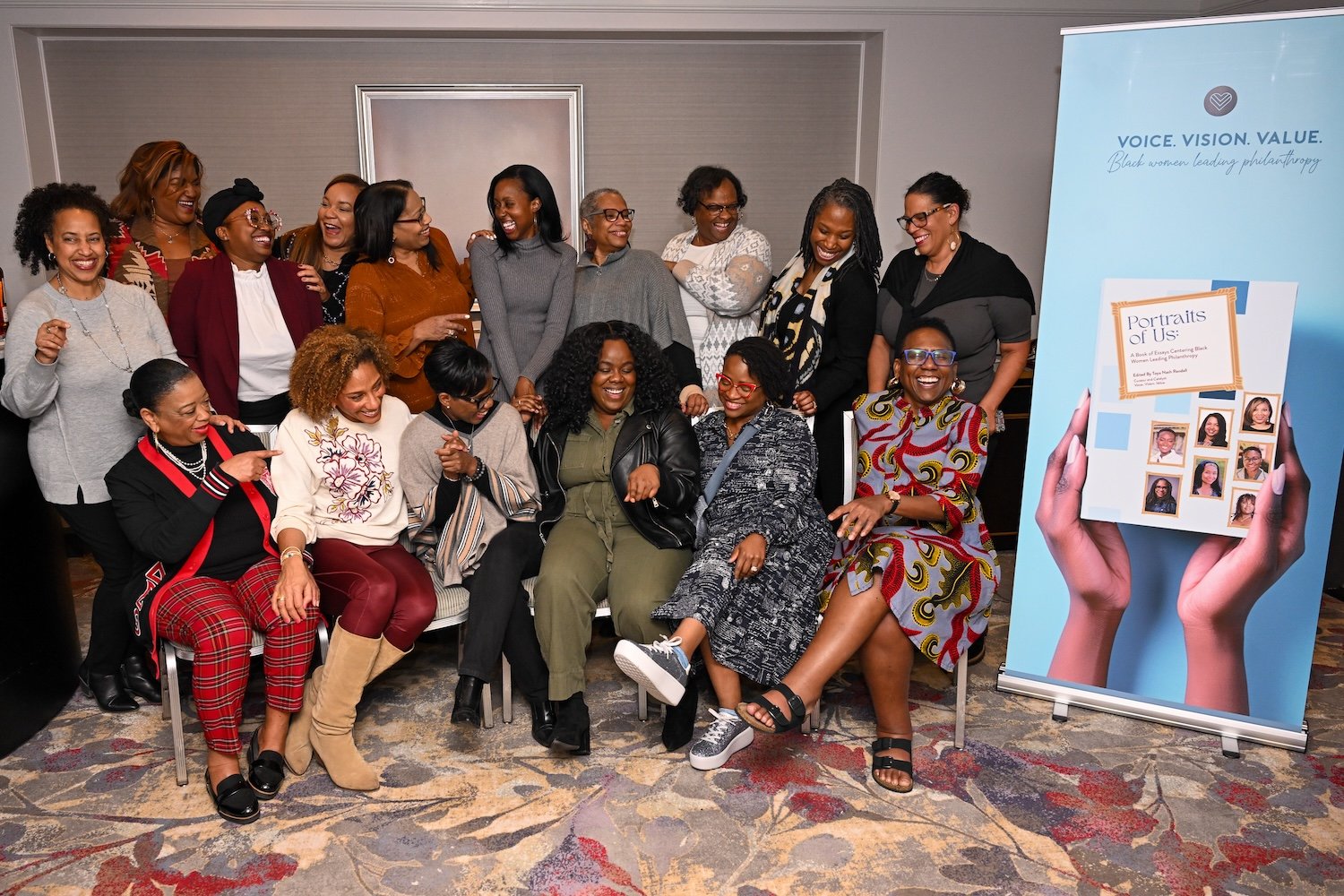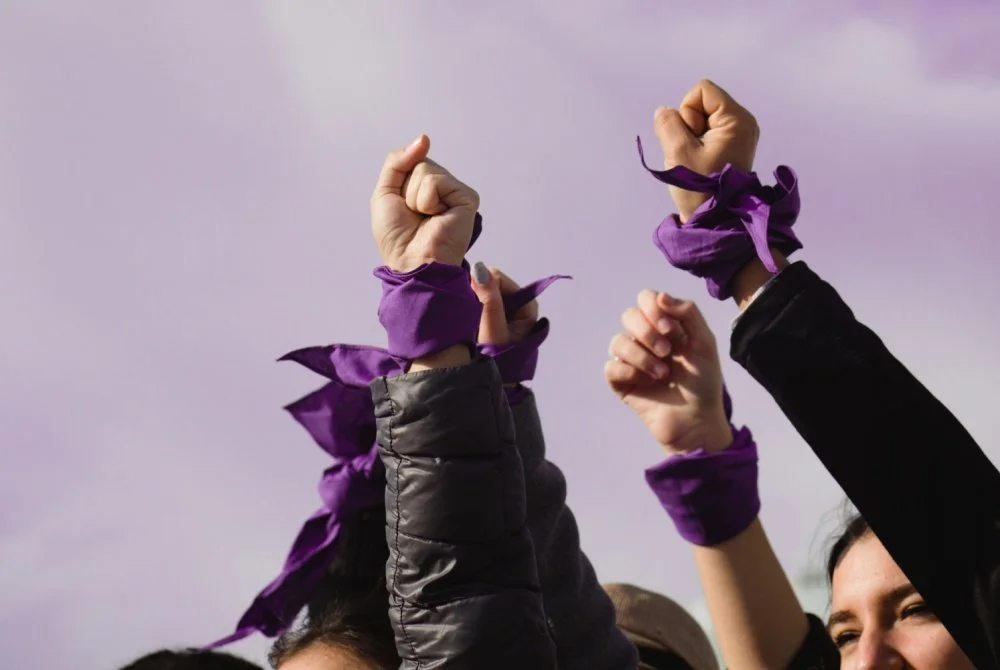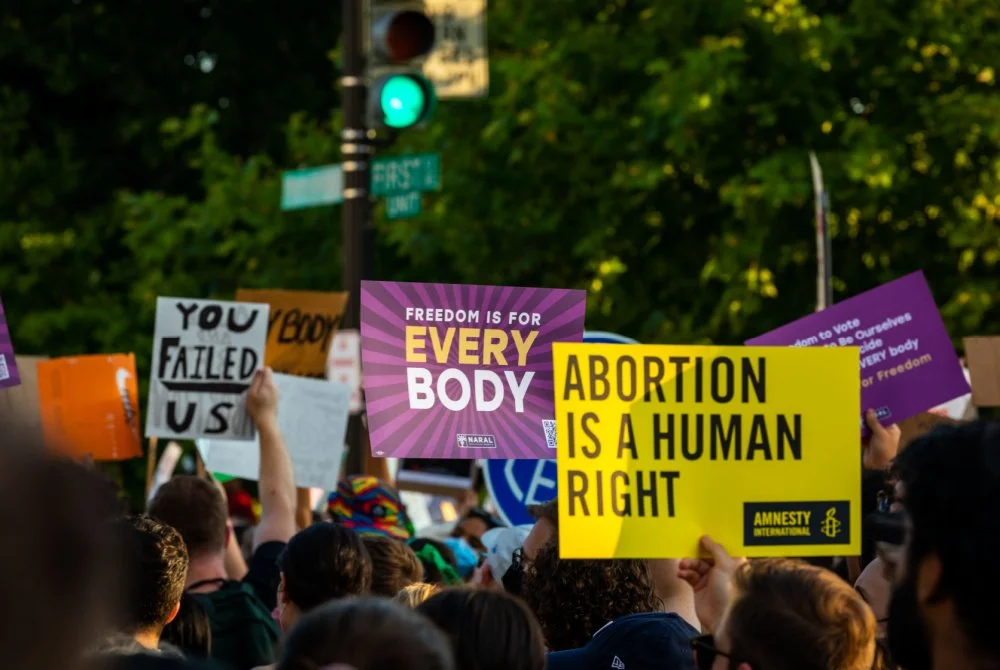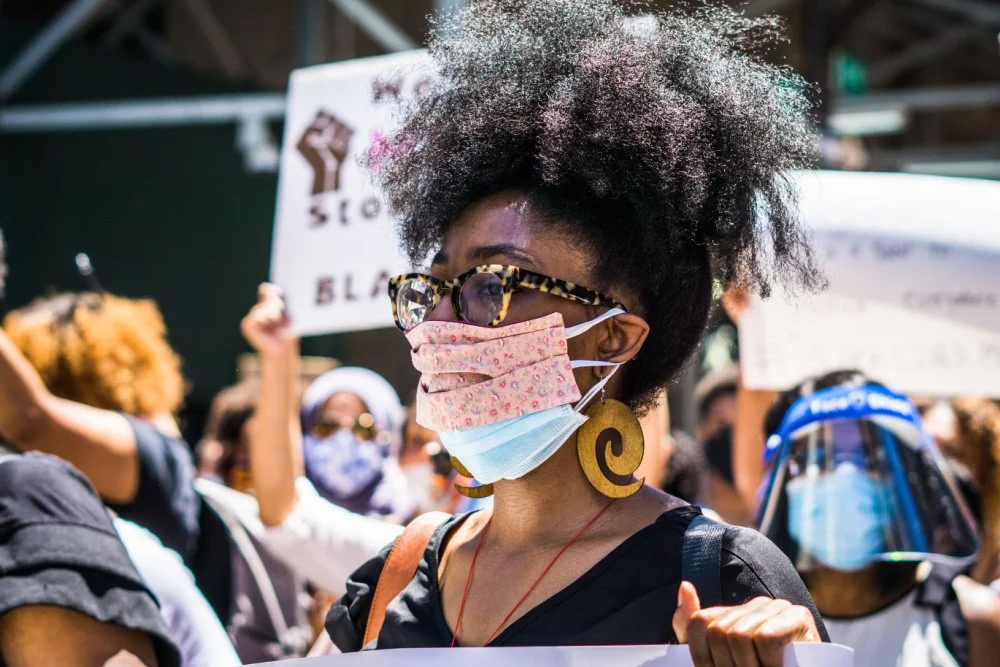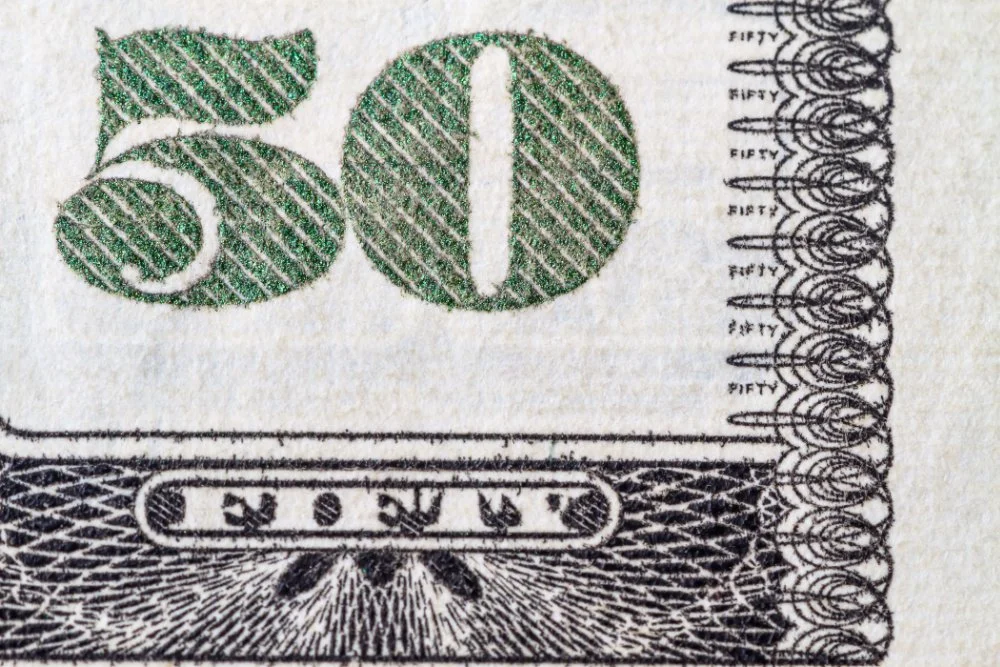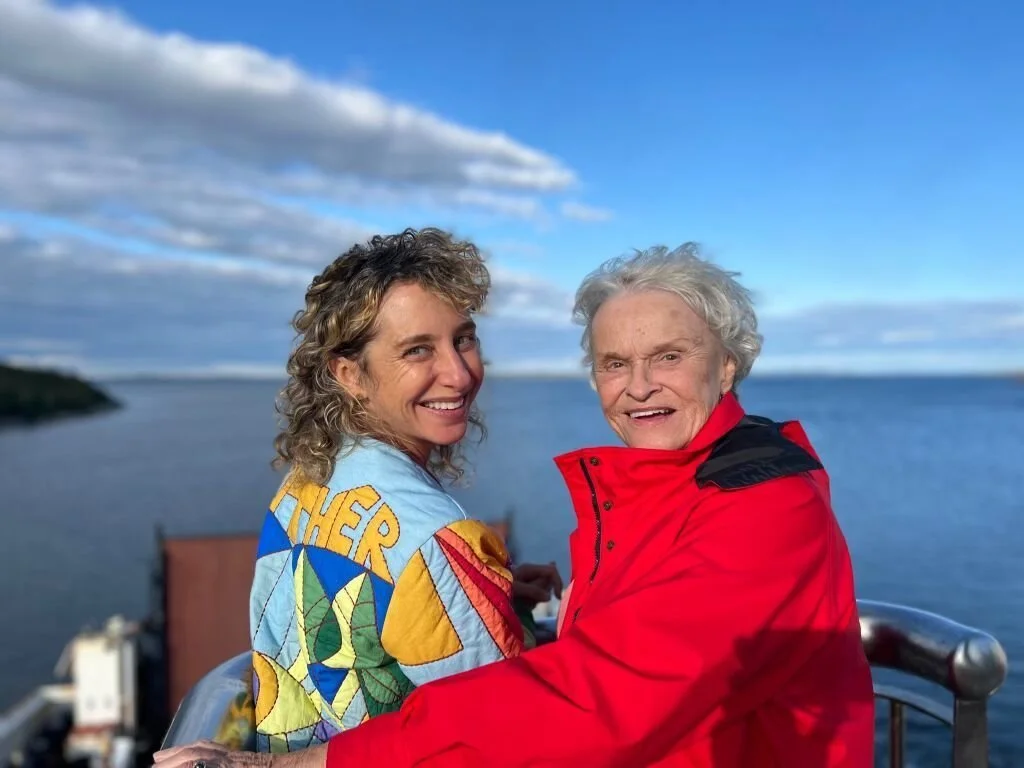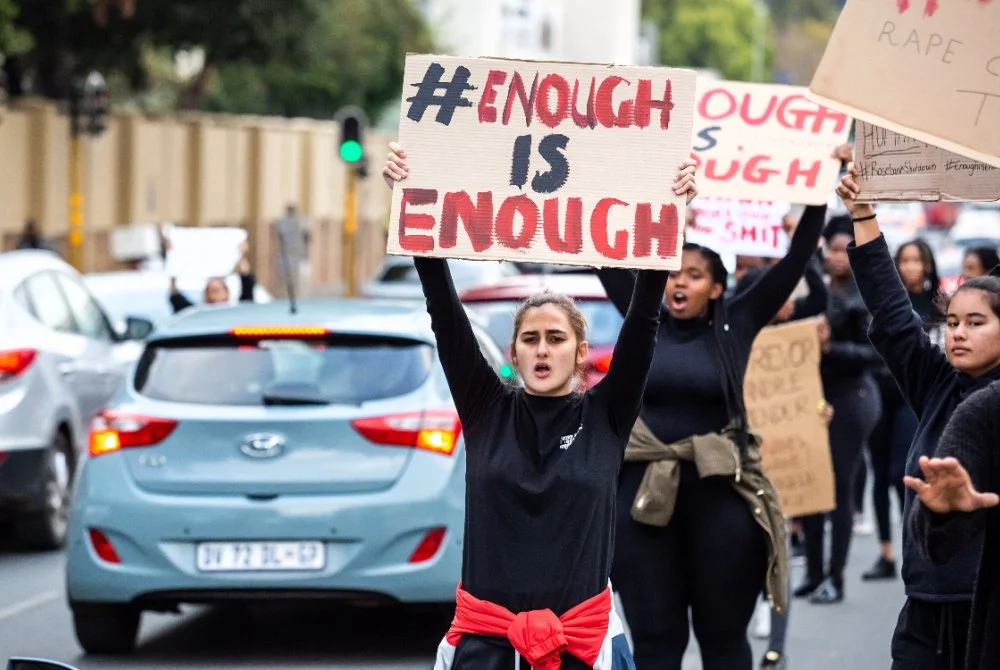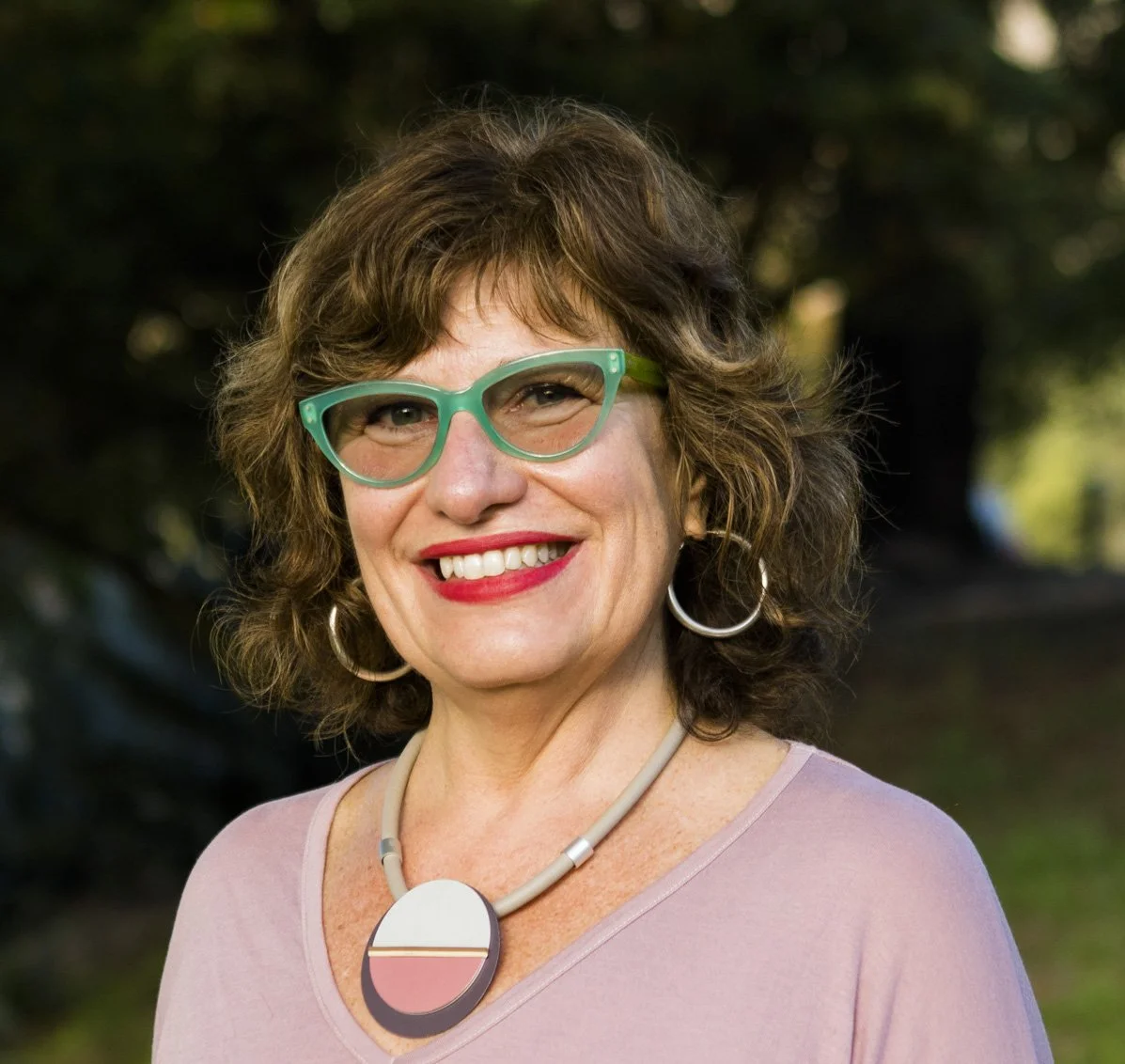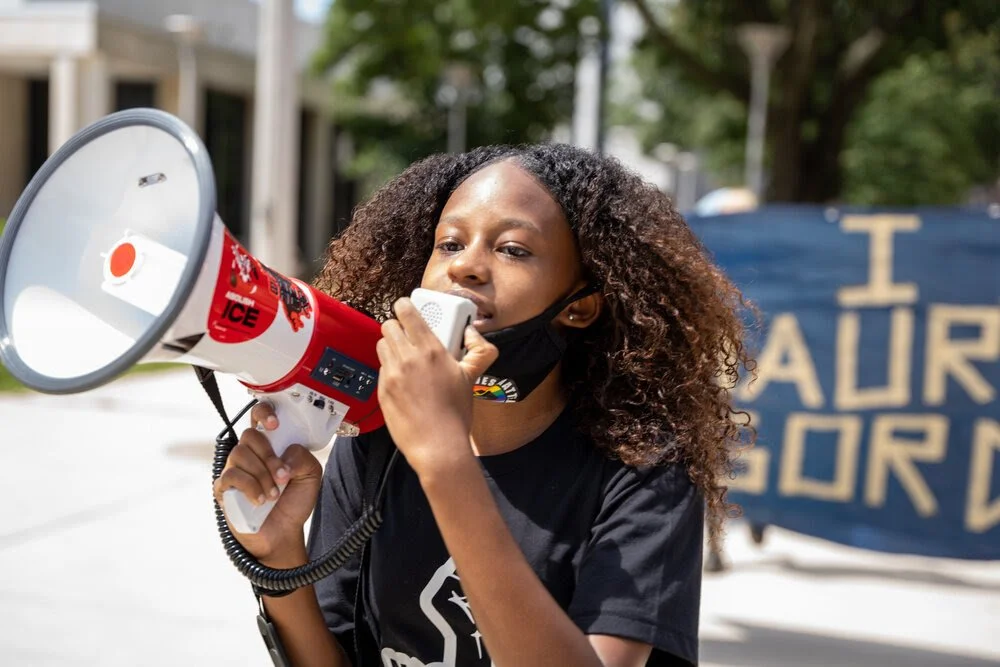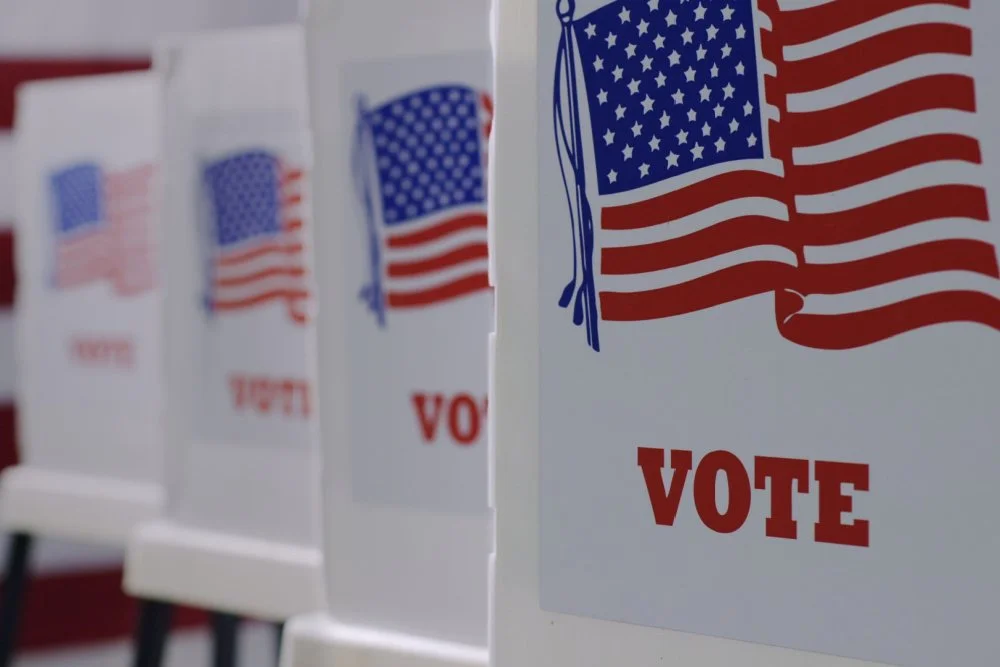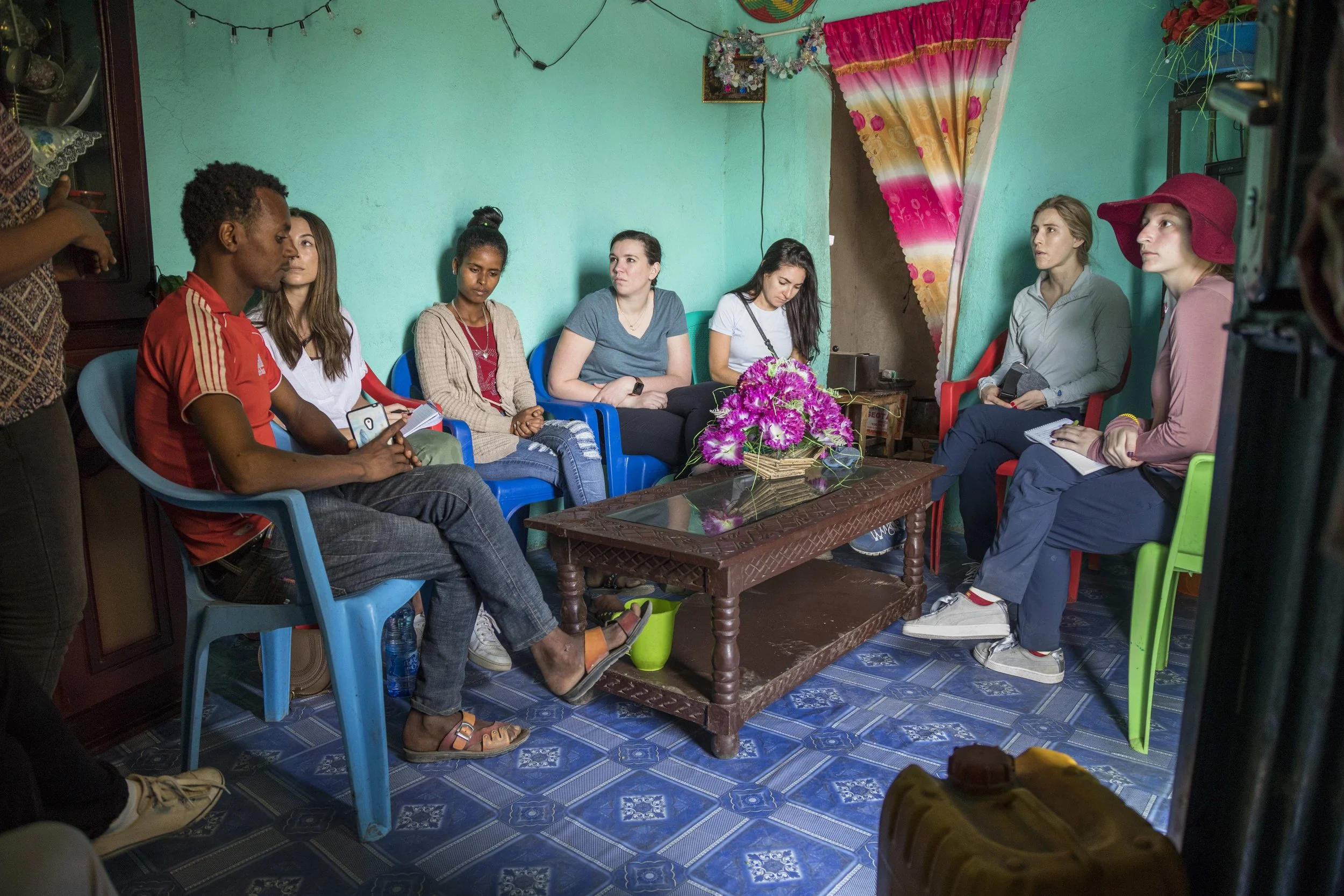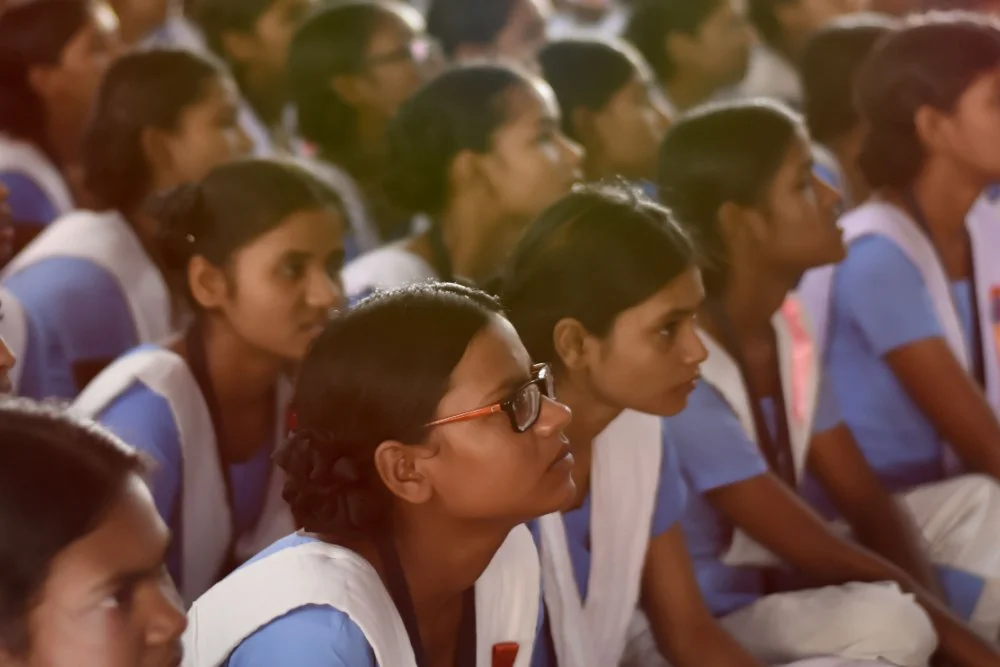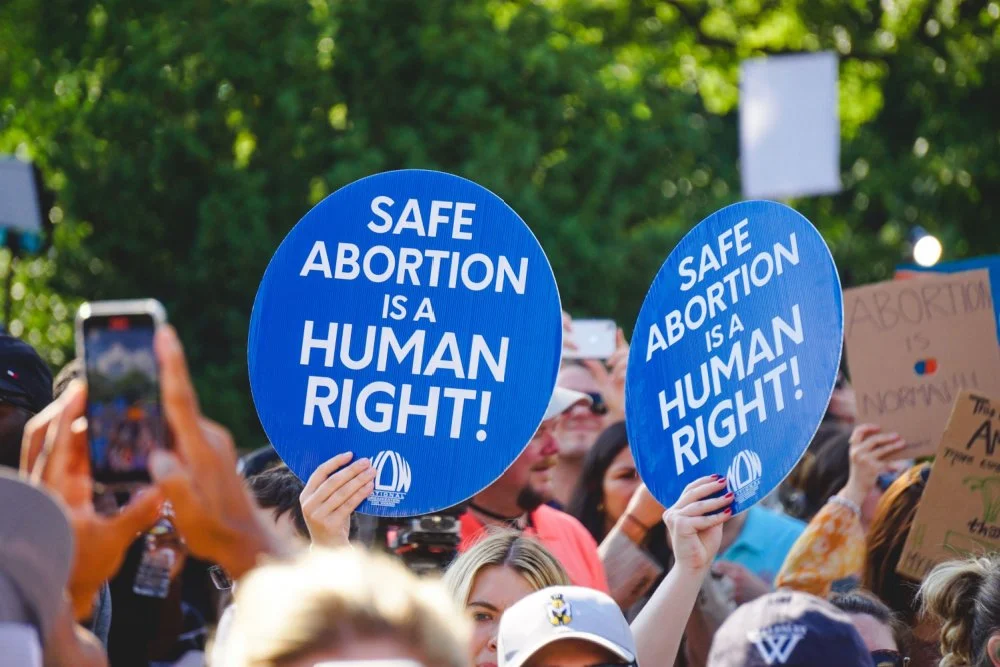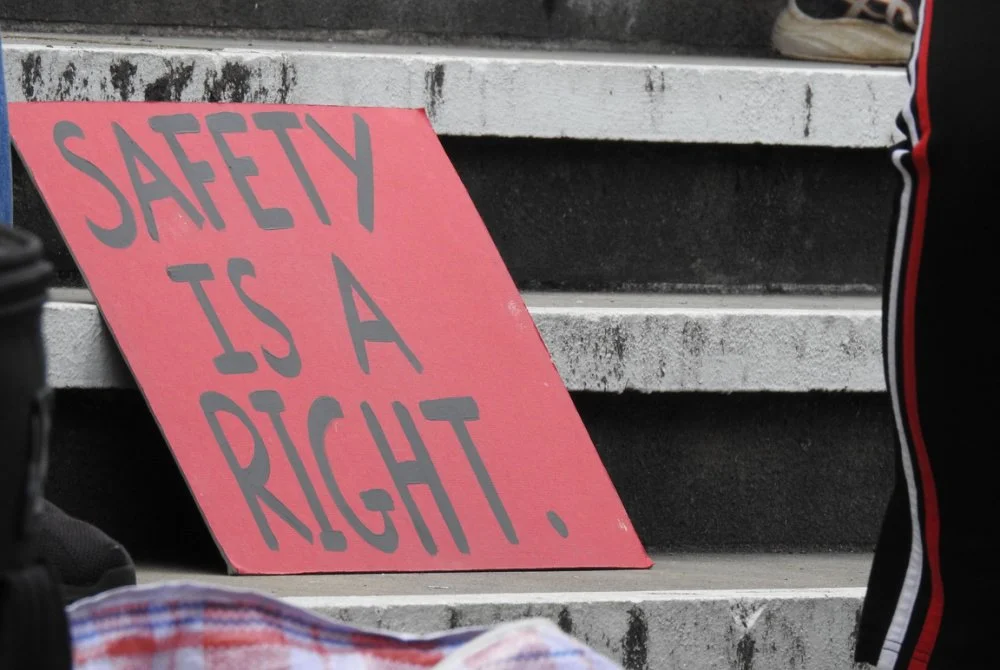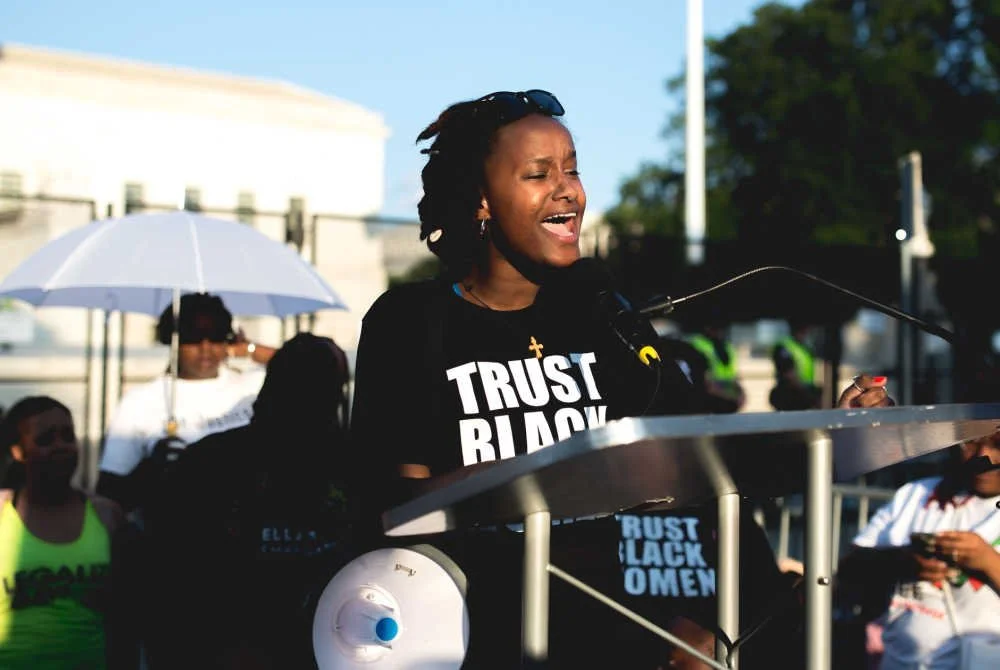New Ideas to Fight An Old Scourge: Funding Innovation Against Modern Slavery
/photo: 1000 Words/shutterstock
These are nerve wracking times for advocates working to combat human trafficking and modern slavery in the United States. With the federal government under one-party Republican rule, public funds that have supported anti-trafficking work in recent years are now at risk. At the same time, the administration's immigration policies are deterring victims from seeking help from law enforcement and service providers for fear of deportation.
In short, advocates at the local level not only face the loss of funding, but also a climate that's made their work a lot harder—and more urgently needed. Earlier this year, we reported that the Coalition Against Slavery and Trafficking (CAST) in Los Angeles was scrambling in a changed environment and working to find new private donors to step forward to lend a hand.
Related: Behind the Fight Against Modern Slavery in Los Angeles
The good news is that a number of national and global funders are active in the fight to end modern slavery, including some with deep pockets, like Humanity United.
Part of the Omidyar Group, Humanity United is dedicated to "bringing new approaches to global problems that have long been considered intractable." Human trafficking is one of these issues, and among other things, Humanity United has supported a public-private partnership called the Partnership for Freedom (PFF).
Announced by President Obama in 2012, PFF seeks innovative organizations bringing novel solutions to human trafficking challenges. In this regard, PFF announced a series of three Innovation Challenges to “inspire, reward, pilot and potentially scale constructive solutions to end trafficking and support survivors.”
Humanity United, the U.S. Departments of Justice, Health and Human Services, Housing and Urban Development, State, and Labor led the first two challenges, Reimagine Opportunity and Rethink Supply Chains. Winners for the Reimagine Opportunity challenge received around $1.8 million in total funding and Rethink Supply Chain finalists received $20,000 each; the runner-up and grand prize winners received $50,000 and $250,000, respectively.
Humanity United and other private sources such as Steven Spielberg’s Righteous Persons Foundation, Goldman Sachs’ 10,000 Women Initiative, and the Ray and Dagmar Dolby Family Fund provided financial support for both competitions.
One more funder has now joined the fold for PFF’s third and final challenge, Pathways to Freedom. NoVo Foundation, along with Humanity United and in collaboration with Rockefeller’s 100 Resilient Cities initiative is supporting PFF's Pathways to Freedom Challenge. This latest contest aims to “challenge assumptions about trafficking and reward and support novel, city-wide approaches to preventing human trafficking and addressing the needs of survivors in the United States.”
The application deadline falls later this month, and winners are announced in November. Grant money funds a senior fellow to address sex and labor trafficking for two years in up to three winning cities, which will also receive other kinds of support.
Founded by Jennifer and Peter Buffett and backed by huge annual infusions of Berkshire Hathaway stock, the NoVo Foundation is dedicated to transforming society at large from one dominated by inequality and discrimination to one that is governed by equality and social justice. Earlier this year, NoVo announced the launch of its Radical Hope Fund, a $20 million, four-year commitment to “support bold and transformative social justice work across the globe.”
NoVo isn't a newcomer to the trafficking issue. It's long worked against this problem as part of its larger goal to end violence against girls and women.
Human trafficking is one of the most heinous social injustices that continues to persist, and alarmingly, to grow in modern times. In fact, it's been estimated that there are twice as many slaves today as there were during the dark days of the trans-Atlantic slave trade. While the total number of people that have fallen victim to the modern slave trade varies, by most accounts, it is estimated at around 40 to 50 million victims worldwide.
Related:


